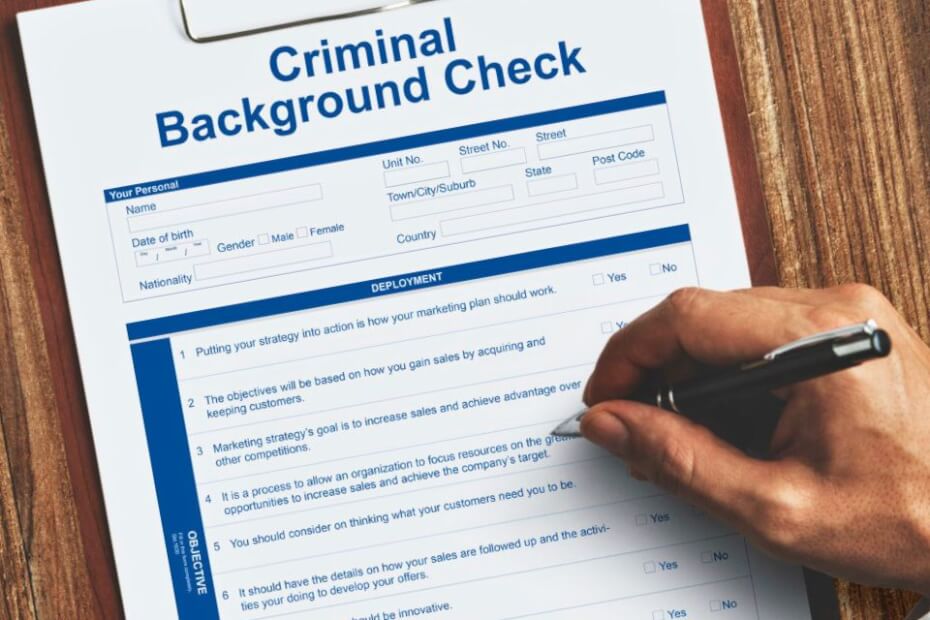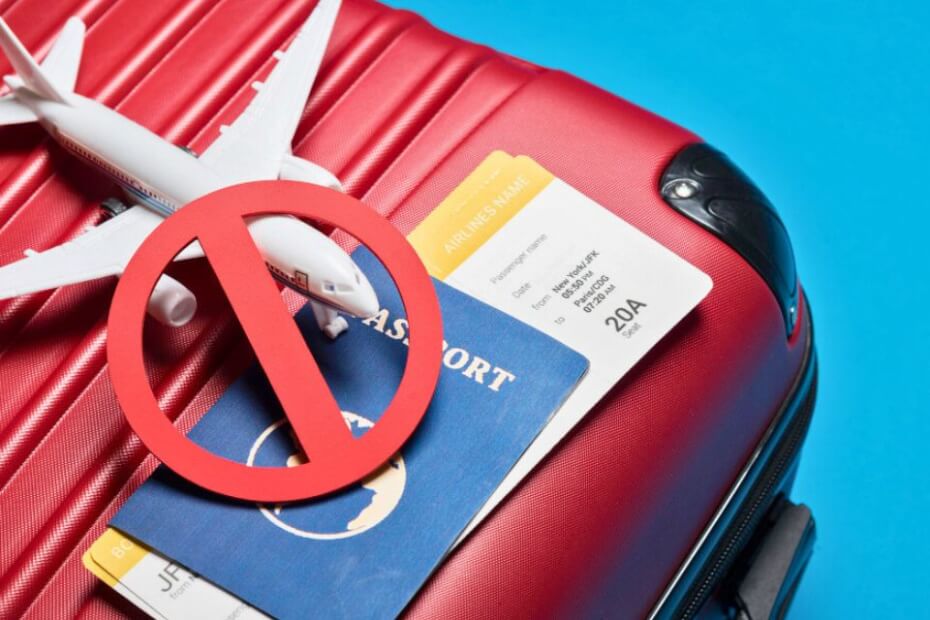
The United Kingdom (UK) is rolling out a new Electronic Travel Authorization (ETA) for all visitors who do not require a visa, including those who may have a criminal record.
The ETA scheme aims to strengthen border security by vetting and pre-screening non-visa travelers before they arrive.
It is also designed to streamline travel for non-visa visitors, even though they must apply for and obtain one before their UK trip.
ETA applicants must complete an online application form and answer security questions. What if you have a criminal record? Does it mean your ETA application will automatically be denied? Here’s what you need to know.
Who needs a UK ETA?
The UK ETA is a pre-travel authorization system designed to screen travelers before they enter the UK. It will apply to visitors from countries that currently don’t require a visa, such as those in the European Union (EU) and other visa-exempt nations.
Some countries in the Gulf region already require an ETA to come to the UK. By 2025, all non-visa visitors must have one before their trip.
ETA applications for non-European travelers open on 27 November 2024 for travel on and after 8 January 2025. For European travelers, applications open on 5 March 2025 for travel starting 2 April 2025.
Those exempted from presenting an ETA before boarding a carrier bound for the UK include those with British or British Overseas Territory Citizens passports and Irish passports. Those with visas and other permissions to stay in the UK also do not need an ETA.
Non-Irish citizens but legal residents of Ireland are also exempted from the ETA scheme if they can visit the UK without a visa and travel to the UK via the Common Travel Area (CTA).
Visa-required travelers will still need a visa as the ETA scheme does not affect the UK’s existing visa application process.
Can I get a UK ETA with a criminal record?
It is possible to get a UK ETA with a criminal record. A criminal record doesn’t necessarily mean a traveler’s ETA application will be automatically denied. The UK Home Office reviews applications on a case-by-case basis. Key factors include:
- The severity of the offense
- The country where the offense occurred
- How long ago the offense occurred
- The sentence served (if any)
Minor offenses or convictions from many years ago are less likely to result in a refusal. However, serious crimes, especially those involving violence, terrorism, or national security concerns, may lead to denial.
Applying for a UK ETA with a criminal record

The ETA application process is straightforward and online via the UK Government website or the UK ETA app. Travelers only need the following to apply:
- A valid biometric passport.
- Personal details, including your name, date of birth, and nationality.
- A recent photograph.
- Answers to security questions such as past criminal convictions and immigration breaches.
- £10 application fee to be paid online via credit or debit card, Apple Pay, or Google Pay.
Once granted, the ETA will be valid for multiple trips over two years or until your passport expires, whichever comes first.
Why honesty is key
When filling out the ETA application, travelers must be honest about their criminal history. One of the security questions involves disclosing any criminal convictions in any country, not just the UK.
Travelers with a criminal record must answer “yes” on the ETA application and provide details about the offenses. This includes the date, location, and nature of the crime, as well as the sentence received. Failure to disclose could lead to refusal of the ETA application.
The UK Home Office will cross-check your information against international security databases. ETA applicants caught providing false or incomplete details will almost certainly derail their application.
Grounds or reasons for ETA denials

The Home Office may refuse an ETA application for several reasons. Typically, permission refusals fall into two categories: mandatory and discretionary.
Mandatory refusals typically involve serious offenses and result in the automatic denial of an ETA or visa. Discretionary refusals, however, usually pertain to minor offenses and are decided at the caseworker’s discretion.
An ETA application is likely to be denied if:
- The applicant has been convicted of a criminal offense in the UK or overseas and received a prison sentence of 12 months or more
- The applicant has been convicted of a criminal offense in the UK or abroad unless more than 12 months have passed since the date of conviction.
- The applicant’s presence in the UK is detrimental to the public good due to their conduct, character, associations, or other reasons, including non-criminal convictions.
- The applicant has previous immigration offenses, or their UK visa or ETA has been refused or canceled. This stands unless prior issues were resolved with the Home Office’s awareness and approval.
- The applicant has unpaid litigation costs awarded to the Home Office.
- The applicant did not disclose relevant facts or submitted false information, documents, or representations. This is regardless of their relevance to the application and whether the applicant was aware of them.
Can you appeal an ETA refusal due to a criminal record?
The UK ETA system does not allow formal administrative appeals against any type of refusal.
However, if an application is rejected through an automated process, the applicant may request a manual review. This allows the applicant to explain their situation and have their application reconsidered by a decision-maker.
However, the Home Office indicated that a human decision-maker or caseworker determines almost all ETA refusals.
The only alternative then for appealing an ETA decision is through a judicial appeal, which is a more complicated and complex process.
Individuals denied an ETA should apply for an alternative UK visa to gain entry into the UK. The alternative options include the Standard Visitor, Transit, and Temporary Creative Worker visas.
What ETA applicants with a criminal record must keep in mind

Applying for a UK ETA with a criminal record may seem daunting, but it’s not an automatic barrier.
The key is to disclose and provide accurate and relevant information in the application form. While serious offenses could lead to refusal, many applicants with minor or older convictions could still be approved.
ETA applicants should familiarize themselves with the requirements ahead of time. Those denied an ETA will know the reason behind their refusal and will be able to address it and assess if they can re-apply for an ETA or apply for a visa instead.
The UK Home Office also has available avenues of communication to answer any questions ETA applicants may have.

